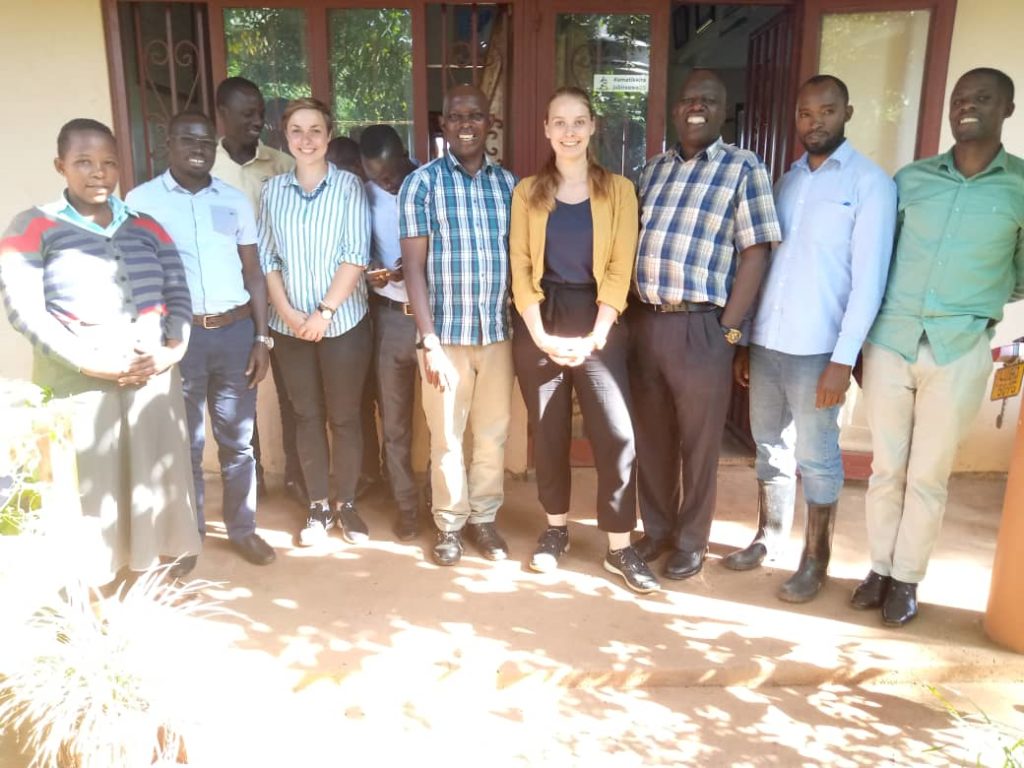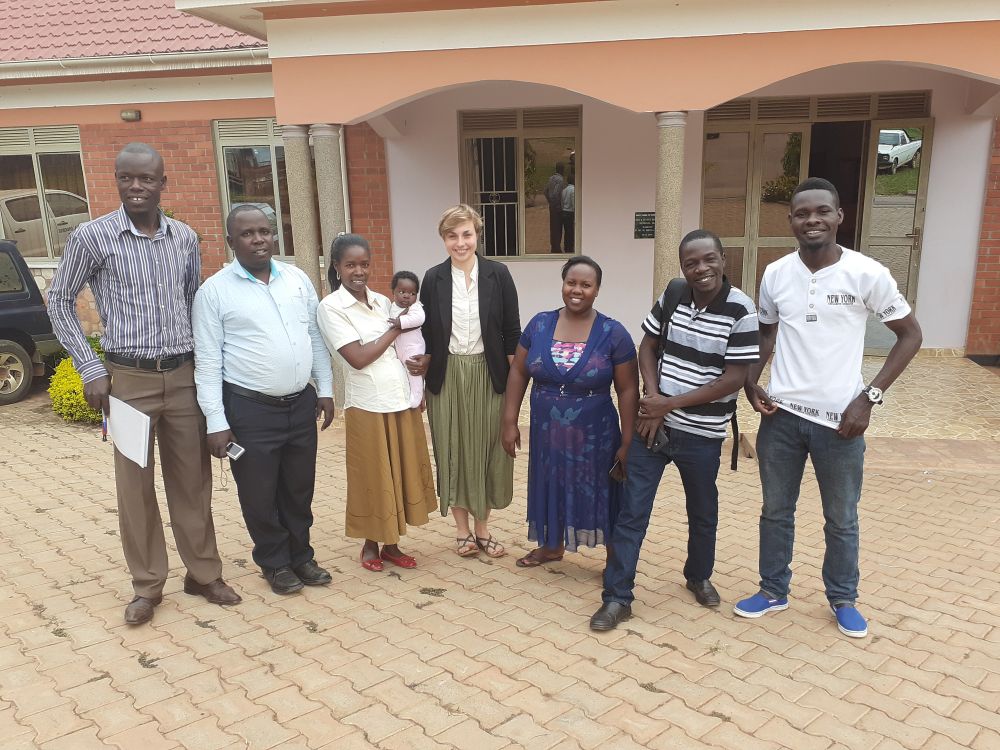Make Your Experiences Count. They Can Change the World.
LET’S BRING ALL OF OUR KNOWLEDGE AND EXPERIENCES TOGETHER.
TOGETHER WE KNOW MORE. TOGETHER WE ACHIEVE MORE. TOGETHER WE DO BETTER.
LET’S BRING ALL OF OUR KNOWLEDGE AND EXPERIENCES TOGETHER.
TOGETHER WE KNOW MORE. TOGETHER WE ACHIEVE MORE. TOGETHER WE DO BETTER.
Published: March 17, 2020
I would like to share a report with you from Vanessa Scheungraber – one of our SDG-Interns, who has spent three months in Kampala collaborating in the ERI project. This is what she wants to share about her experience:

In June 2019, after a one-week preparation course, time had come to go to Kampala to spend 3 months working on the ERI project at the HORIZONT3000 Regional Office East Africa.
What is ERI you ask yourself? Enabling Rural Innovation tries to give groups of farmers the skills to make the most of their livelihoods according to the motto “Farmers in the driving seat” – independent and self-determined. The project thus contributes to SDG goal 8 “Decent Work and Economic Growth” (but not only, many of the other 17 sustainability goals are also addressed).
The various modules of the ERI programme include sustainable agriculture, market research, savings and credits, as well as nutrition and hygiene. In Uganda and Tanzania, there are a total of 4 partner organisations of HORIZONT3000 working with farmer groups within the ERI project.
The Kampala office of HORIZONT3000 is responsible for monitoring and evaluation as well as communication with the HORIZONT3000 office in Vienna. During the 3 months I have supported the ERI programme manager Nobert Banio and read many reports of the partner organisations. And it is clear that small-scale farmers in Uganda increasingly have to cope with changing climatic conditions.

In 2019, for example, the rains started in February and the seeds were sown as usual. However, a subsequent unusual drought caused all the plants to dry up. This is particularly tragic, as precisely these small-scale farmers often practise subsistence farming, often without the savings to cope well with such setbacks. Here, the group members support each other through group savings and loans saved under the ERI programme.
These were very insightful three months for me, also in the sense that I could not wrap my mind around the SDGs initially. And in reality, these 17 sustainability goals are not even present in people’s everyday lives – just as they are not at home. They serve above all as a kind of help for organisations to follow a certain, hopefully sustainable direction.
And not only organisations from the Global North are helping to improve life in Kampala and Uganda. I had the opportunity to visit AFIRD (Agency for Integrated Rural Development), an organisation that has been converting unused land in schools into gardens since the 1990s and, in addition, teaching teachers and students sustainable agriculture – skills that they can use later in life to earn a living. That way, AFIRD is helping to combat the symptoms of rural exodus.
Often young people seek their fortune in the city in the hope of leading a better life there. However, this is often a fallacy – many of them earn their living by working as BodaBoda drivers, a job that often comes with risks and danger and is not even very lucrative (BodaBodas are motorbike taxis – essential for getting around in Kampala during rush hour). Besides, the many old cars imported from the global north, the many BodaBodas also contribute to the poor air quality in Kampala. And this is where a young start-up is trying to make a difference. The “Bodawerk” converts BodaBodas into electrically powered BodaBodas and lends the batteries needed for this at various locations in the city. This costs BodaBoda drivers less than the petrol and also contributes to improved air quality. The Bodawerk was founded by an Ugandan, a German and a German-Ugandan and shows how innovative and sustainable development can work even outside of European and American development organisations.
For me, the SDGs still remain a intangible construct even after the internship, but they should definitely be used by states as an orientation for their own development – and not only in the Global South.